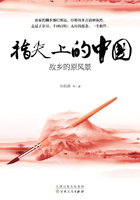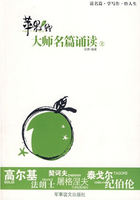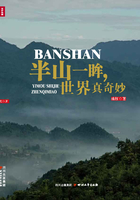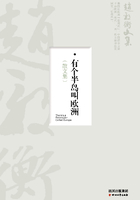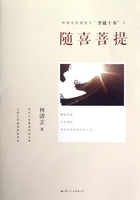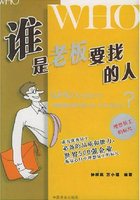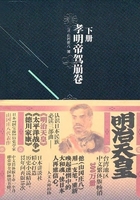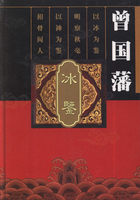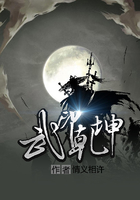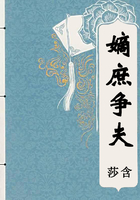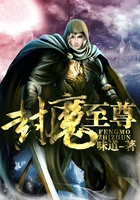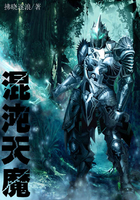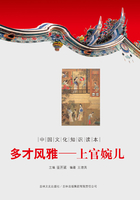During the Tang Dynasty (618—907), the state employed Confucian forms and learning, and Tang emperors often favored Daoism. The early Tang state could restrict the number of monks and regulate monasteries. However, monasteries gradually flourished; they fulfilled important roles, and the most outstanding monks had sufficient self-confidence to make their own formulation of doctrine and develop the teaching in new ways. For Buddhist art, it was an age of classic achievement.
There were eight Buddhist sects that appeared between 581 and 755 A.D. Of them, four enjoyed only temporarily or limited success: the Disciplinary Sect (律宗), the Dharma Image (法相宗), the Sect of the Three Stages (三论宗) and the Esoteric Sect (密宗). The growth of sects not only illustrated the inner vigor of Buddhist religion, but also it manifested the strength of Buddhist monasteries. In the countryside, Buddhist monasteries performed important economic functions operating mills and oil presses. The monasteries also held much land that cultivated with semi-servile labor. Much of their wealth was channeled into building and the arts.
Notes:1)monastery僧院;2)flourish昌盛;3)sufficient足够的;4)self-confidence自信;5)formulation规划,构想;6)tem-porarily临时地;7)disciplinary纪律的,惩戒的;8)esoteric秘传的,难理解的
6.普贤是谁?
Who is Puxian?
Puxian (普贤) is one of the numerous Bodhisattvas (菩萨) of Indian Buddhism. According to Beihua Scripture (《悲华经》), Puxian was the eighth son of Amitabha, the Holy King in charge of reincarnation. His son’s name was Mintu (泯图). Long long ago, the Holy King came to the Buddha with all his sons. They each made a vow to the Buddha who took this into account as he offered them words of advice. When it was Mintu’s turn, the Buddha praised him, saying,“You are a pious and charitable man. In the present Buddhist world, you have behaved in a quiet and dignified manner, and your moral conduct is beyond reproach. In the future world, you will be a moral guide to all living creatures, bringing their hearts into peace and serenity, and you will support and assist other Buddhas. Therefore, from today on, you will be called Puxian.”The meaning suggests that his moral conduct is boundless and immeasurable. In short, his name of Puxian means“universal benevolence.”A book called Huayanqingliang Record (《华严清凉疏》) says that Puxian has many images and transformations, which fall into three general categories. One is his“Fa Image (法身)”, which is often seen in monasteries. The second one is his“Bao Image (报身)”, which reveal itself in the Buddhist Western Paradise.
The third is the“Suilei Image (随类身),”the reincarnation of Puxian. This image can reincarnate at will into the body of any deceased person whose soul has been released from misery. Puxian takes bodily forms to show his own experience to others. In an image deeply loved by the broad masses of people, he enters the world on his six-tusk white elephant and appears on Mt. Emei in Sichuan Province. Therefore, Puxian followers everywhere seek to visit Mt. Emei to pay homage. The image of Puxian riding his six-tusk white elephant symbolizes the six supernatural powers, including those of the foot, the eye and others.
Puxian is considered to be one of Sakyamuni’s close assistants. In some monasteries, the statues of Sakyamuni, Wenshu (文殊) and Puxian are placed in the Grand Buddha Hall.
Notes:1)numerous许多的;2)vow发誓要(做);3)charitable仁慈的;4)dignified有尊严的;5)reproach责备;6)serenity平静;7)boundless无穷的;8)immeasurable无边无际的;9)be-nevolence仁慈;10)transformation转变;11)homage敬意
7.接引佛是谁?
Who is Jieyin Buddha?
Jieyin Buddha is also called Amitabha (阿弥陀佛), or the Holy King in charge of reincarnation. Legend has it that Amitabha was an ancient Indian king who later followed Sakyamuni. Finally, he attained the state of Buddhahood through his perfect enlightenment. As the principal Buddha worshipped by Buddhist followers in Jingtu Sect, Amitabha takes charge of the Buddhist Western Paradise, and his work is to usher sentient beings into the paradise when they pass away. Towards the end of the Ming Dynasty, the Jingtu Sect reached the peak of its prosperity across China. It influenced large monasteries in Sichuan like the Wenshu Monastery (文殊院) and the Precious Light Monastery (宝光寺), each of which established a hall for chanting the Buddhist Scriptures. The Jingtu Sect Hall is still in existence today. In the Jingtu Sect, there are more than ten Buddhas, with various Buddhist titles, including the Measureless Longevity Buddha, the Measureless Light Buddha, the Boundless Light Buddha and the Non-Obstacle Light Buddha, among others. They have extensive Buddhist power, a sublime position, and their own halls. There is a couplet which hangs outside a hall in Wannian Monastery (万年寺) on Mt. Emei. It says,“May Buddhist hands come down; gently heal the hearts of human beings.”This saying sums up the essence of the Jingtu Sect’s belief: the salvation of all Buddhist believers.
Notes:1)sentient有感情的;2)peak顶端;3)precious宝贵的;4)measureless无限的;5)sublime崇高的;6)extensive广大的
8.弥勒佛是谁?
Who is Maitreya?
According to the Buddhist classics, Maitreya (弥勒佛) was born into a noble family in the Brahman caste in ancient India. He was the first to attain the state of Buddhahood through his perfect enlightenment, and afterwards he ascended to the Western Paradise. Maitreya will stay there for 56 billion years before he descends to the world to replace Sakyamuni and continue the spread of Buddhism. Therefore, Maitreya is considered as the successor to Sakyamuni, and his statue is usually placed in the first main hall of a monastery.

